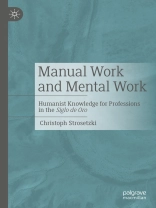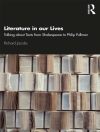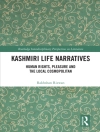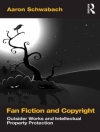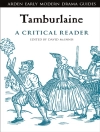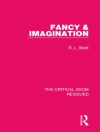Information Text:
In the early modern period, numerous texts deal with professions by presenting the knowledge required in each case, individual fields of activity, purpose, origin and prestige. The course of argumentation is humanistic, insofar as it mostly starts from the human being. The ancient idea of the primacy of mental work over manual work is formative here. The importance of Spain results from the fact that the Spanish king Charles V was both emperor and ruler of the colonies in America, i.e. he ruled a world empire by the standards of the time. After discussing some central categories, overall representations of knowledge, professions, and prominent professional representatives are presented. Here, the hierarchization and its relativization by satire is revealing. The mechanical arts and the artes liberales are then presented on the basis of individual professions selected as characteristic examples, each with its own specific knowledge. The higher faculties of medicine, theology and jurisprudence with their representatives form the conclusion.
Mục lục
1 Conceptions of work.- 2 Alternatives to work.- 3 Collections.- 4 Mechanical arts.- 5 Artes liberales.- 6 Higher faculties.- 7 Crafts and hierarchy.
Giới thiệu về tác giả
Christoph Strosetzki is Professor of Romance Philology (with a special focus on Ibero-Romance and Latin American literatures) at the University of Münster.
